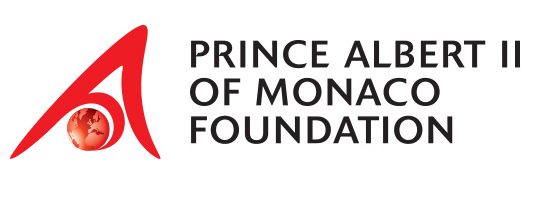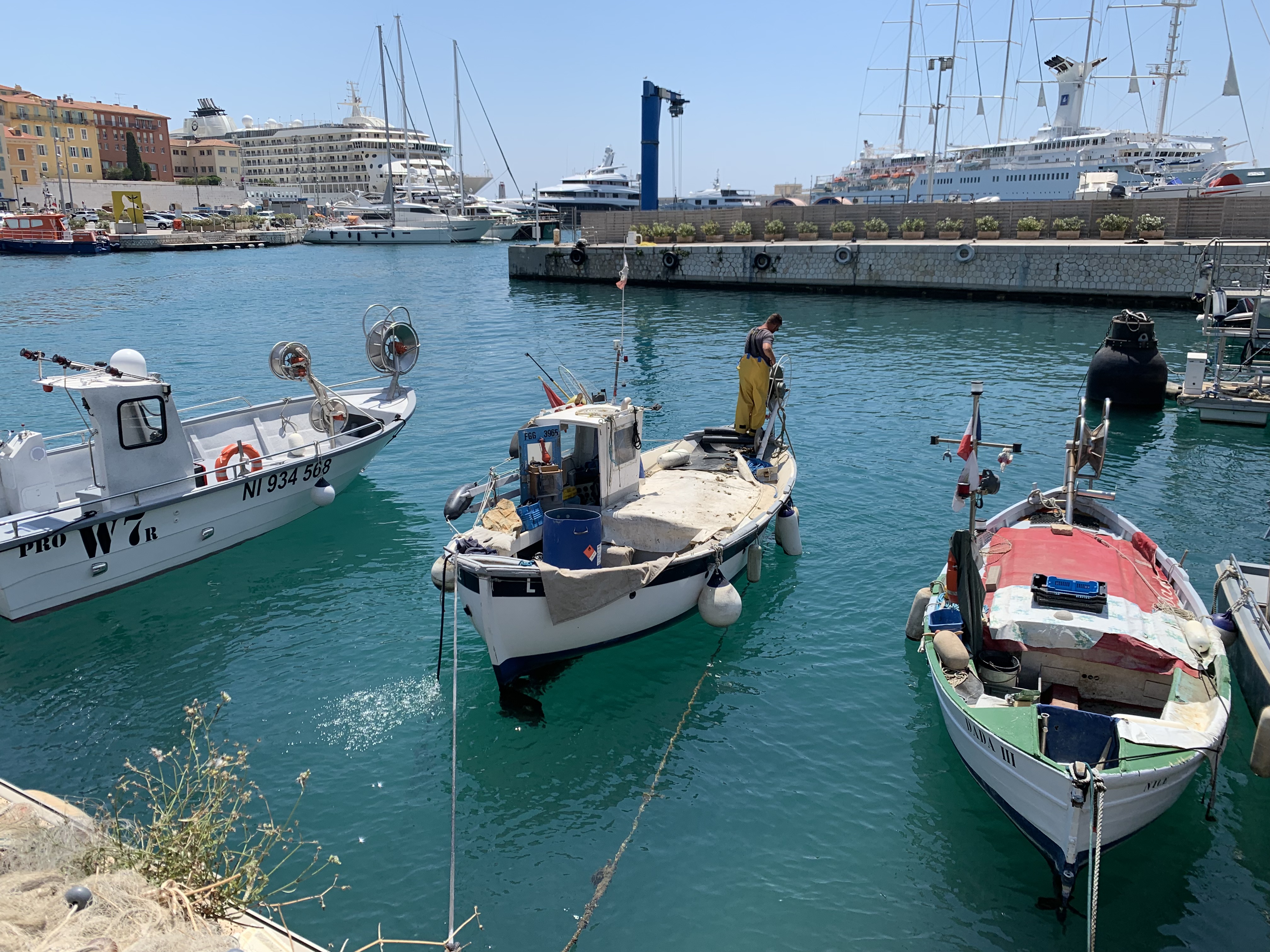About CLIM-ECO² project
CLIM-ECO² PROJECT
CLIMate driven reshaping of Mediterranean fisheries: ECOlogical and ECOnomic assessment (CLIM-ECO²) project is coordinated by the ECOSEAS Laboratory "Ecology and Conservation Science for Sustainable Seas" at the Côte d'Azur University. It is funded by the Prince Albert II of Monaco Foundation.



SUMMARY OF THE CLIM-ECO² PROJECT

Between 1880 and 2012, the average temperature of the Earth increased by 0.85 ° C and warming has accelerated for the last fifty years (+ 0.17 ° C per decade since the 1970s against + 0.07 ° C during previous periods). Recently, indicators of global warming have broken several records across the planet: in 2016, the hottest year of the modern era (+1.1 ° C than during the pre-industrial period), the average atmospheric concentration of CO2 has risen permanently above the critical threshold of 400 ppm.
Globally, numerous studies have shown that climate influences the local abundance of species, the structure of communities and biodiversity, the phenology of species as well as their spatial distribution. Depending on the warming scenarios, the increase in temperatures could vary between + 1 ° C and + 5 ° C by the end of the 21st century. In the case of a significant warming of temperatures (+ 2 ° C), more than 50% of the global ocean could experience a significant change in biodiversity (Beaugrand et al., 2015). Such a reorganization would inevitably affect ecosystems and their biodiversity, with consequences on ecosystem services for supply (e.g., fishing) and regulation (e.g., the carbon cycle).
Warming could accelerate the decline of species with cold affinity and so, could consequently impact certain populations of fish of high commercial interest. It could also induce the expansion of warm-water species, mainly non-native ones, that could disturb the ecological balance of the Mediterranean Sea. These new arriving species could represent potential new food resources, and therefore could offer new commercial prospects.
The CLIM-ECO² project is a multidisciplinary project bringing together biologists, ecologists and economists, which aims, through modelling, to assess the impact of climate change on Mediterranean fisheries, from an ecological point of view (redistribution of stocks through distribution range changes), but also from an economic point of view (redistribution of income linked to fishing activity). Understanding how climate change could alter the fishing income of Mediterranean countries is crucial for well-being of populations in the future. Anticipation of climate-induced changes in fish populations aims to predict and minimize the risks in long-term investment strategies. Indeed, with the overexploitation of marine resources, decision-makers need urgently information and analysis to guide policy makers and investments.
MAIN OBJECTIVE
CLIM-ECO² is developed over two years (2020-2021). It aims to assess the impact of the climate on Mediterranean fisheries, from an ecological point of view (redistribution of stocks) but also from an economic point of view (redistribution of income associated with fishing).
SPECIFIC OBJECTIVES
Ecology

OS1:
Modelling of the current spatial distribution of the main fish species exploited in the Mediterranean (native and non native)
Ecology

OS2:
Modelling of the projected changes (up to 2100) according to the IPCC climate scenarios
Economy

OS3
Assessment of economic consequences induced by ecological changes
Support to Policies

OS4:
Proposal for a sustainable management plan of marine resources in the Mediterranean basin
















